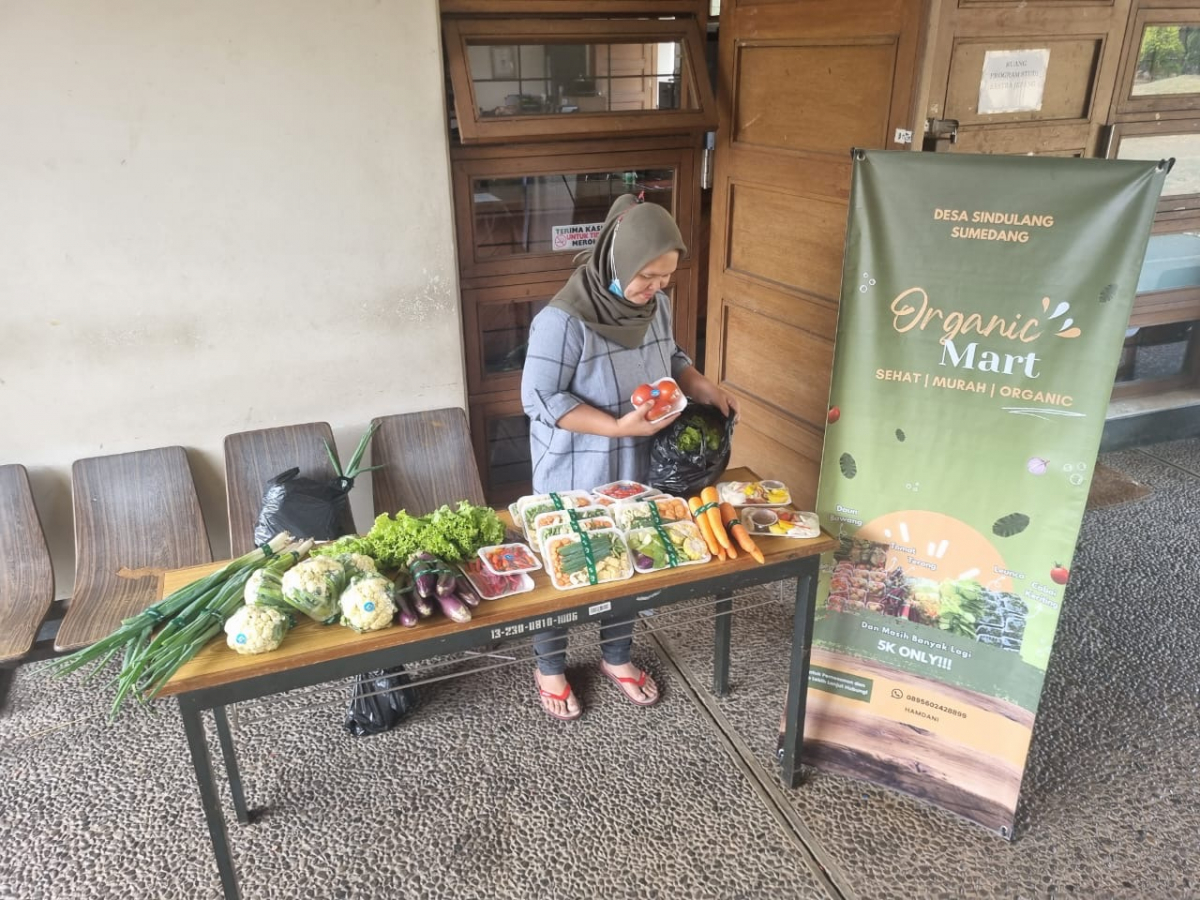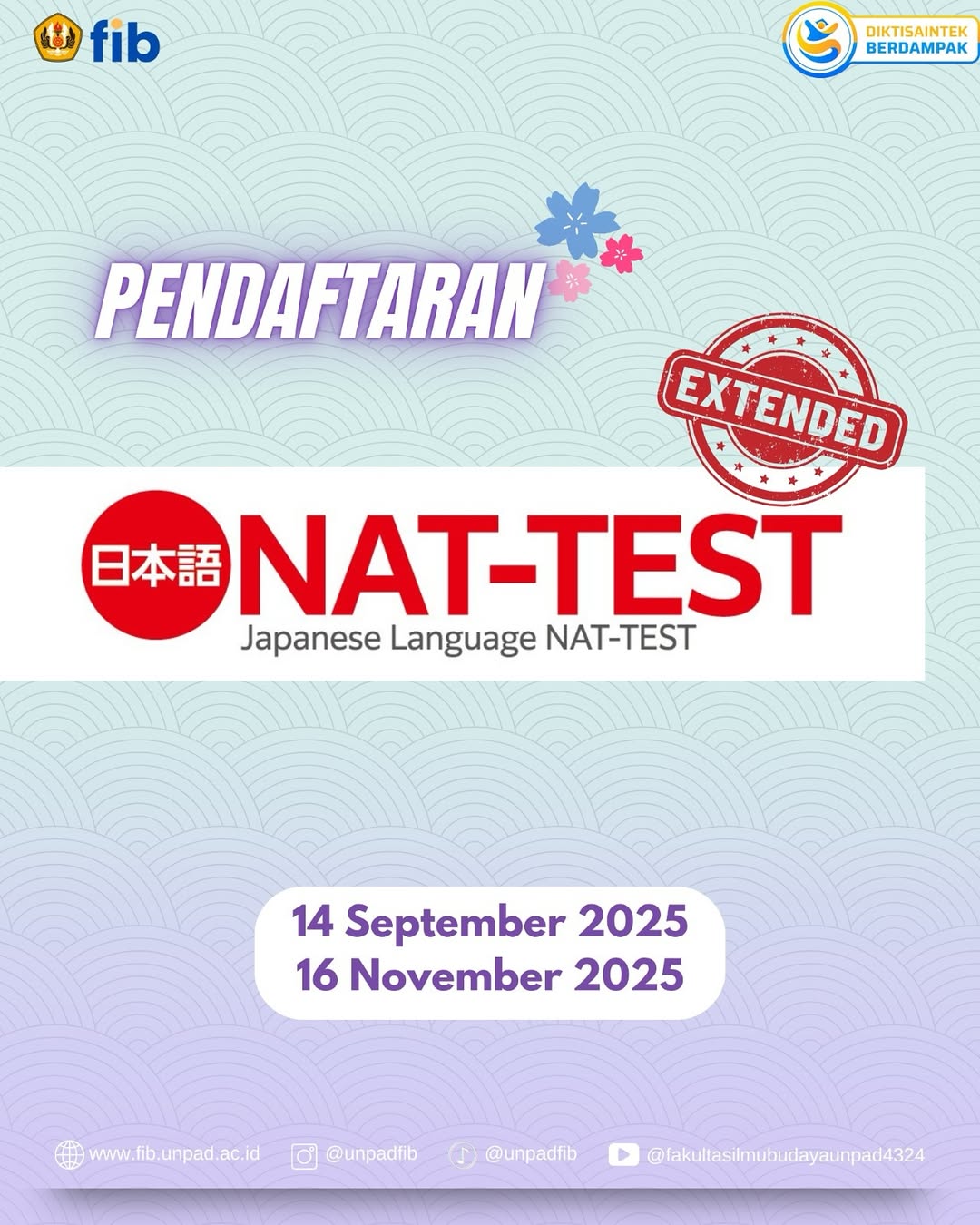Unpad, Ubaya, BRIN, and UUM (Malaysia) Researchers Investigate Language Recovery in Sundanese-Indonesian Bilingual Aphasia
In Indonesia, where millions speak more than one language, a growing health concern is coming into focus: aphasia in bilingual patients. As stroke rates increase, so does the number of patients struggling to recover their ability to speak. A new study from Riki Nasrullah (Universitas Surabaya), Dadang Suganda (Universitas Padjadjaran), Winci Firdaus (Badan Riset dan Inovasi Nasional), and Hishamudin Isam (Universiti Utara Malaysia) researchers addresses a critical gap in Indonesia’s healthcare system—the lack of explicit guidance for speech therapy for patients who are bilingual, like those who speak both Sundanese and Indonesian. This research aims to provide vital answers by examining language recovery patterns in this patient group.
The study analyzed four Sundanese-Indonesian bilingual aphasia patients from private hospitals in Bandung and Jakarta. Using a specialized aphasia test (TADIR), researchers sought to identify their verbal expressions, language competence recovery patterns, and the factors influencing their rehabilitation. The findings, while based on a small sample size, offer crucial insights into the recovery process.
The research revealed diverse recovery patterns among the patients, including selective, asymmetric, and symmetric recovery. These findings reinforce the assumption that linguistic familiarity is the main factor in language competence recovery. In other words, the language a patient used most often and felt most comfortable with before the stroke tended to recover more easily and quickly.
This joint study from Unpad, Ubaya, BRIN, and UUM scholars provides an important foundation for future research and a compelling argument for more specialized speech therapy protocols in Indonesia. By highlighting the unique challenges and recovery patterns in bilingual patients, the findings call for a more tailored approach to rehabilitation, ensuring that this growing patient population receives the targeted care they need.
Ahmad Ilham Danial



